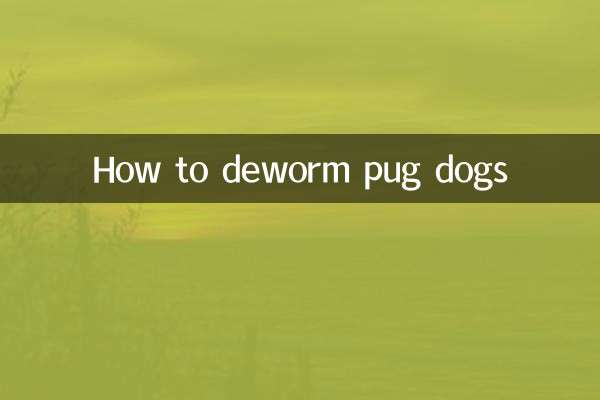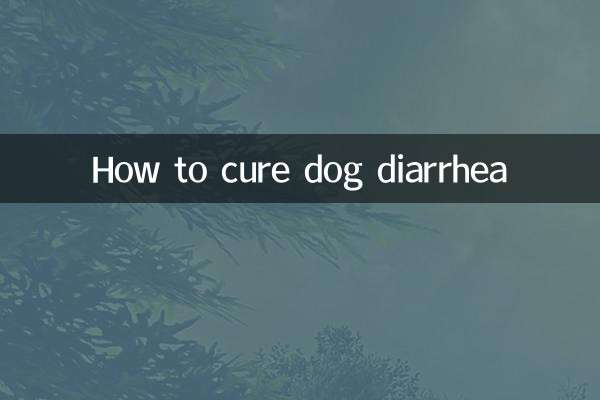Why do you often hiccup?
Hiccups are a common physiological phenomenon that almost everyone experiences. While most of the time hiccups are harmless, they can be bothersome if they occur frequently or last for a long time. So, what exactly is happening with hiccups? This article will give you detailed answers in terms of causes, types, coping methods, and recent hot topics.
1. Causes of hiccups

Hiccups (medically known as "hiccups") are caused by the involuntary spasm and contraction of the diaphragm (the muscle between the chest and abdominal cavity), causing the glottis to suddenly close, thus making a "burp" sound. The following are common triggers of hiccups:
| type of trigger | specific reasons |
|---|---|
| Diet related | Eating too fast, too full, and consuming carbonated drinks, alcohol, or spicy foods |
| emotional factors | Mood swings such as nervousness, anxiety, or excitement |
| temperature change | Sudden drinking of cold drinks or catching a cold |
| other factors | Stomach problems, neurological problems, or medication side effects |
2. Types of hiccups
Hiccups can be divided into two types: transient hiccups and persistent hiccups:
| type | duration | Features |
|---|---|---|
| temporary hiccups | minutes to hours | Common, no special treatment required, can resolve spontaneously |
| persistent hiccups | more than 48 hours | May be related to disease, need medical examination |
3. How to relieve hiccups?
Here are a few common ways to relieve hiccups:
| method | Operation steps | principle |
|---|---|---|
| Breath-holding method | Take a deep breath and hold it for 10-15 seconds | Increase carbon dioxide concentration in blood and suppress hiccups |
| Drinking water method | Bend over and take a few sips of warm water | Stimulates the esophagus and diaphragm, interrupts spasms |
| scare method | Sudden fright (use with caution) | Interrupting hiccups by neural reflex |
| Press acupoints | Press the Neiguan point on the wrist or the Yifeng point behind the ear | Regulate nerve function and relieve spasms |
4. Recent hot topics and discussions related to hiccups
Recently, discussions about hiccups have become quite popular on social media. Here are some of the hot topics:
| topic | heat index | Main content |
|---|---|---|
| "Hiccups may be a sign of illness" | ★★★★ | Experts warn that long-term hiccups may be related to gastroesophageal reflux and brain diseases |
| “Evaluation of Internet Celebrities’ Methods to Stop Burping” | ★★★☆ | Netizens share various weird ways to stop hiccups, such as standing upside down to drink water, eating sweets, etc. |
| "World record for hiccups" | ★★★ | American man hiccups for 68 years, setting Guinness record |
5. When do you need medical treatment?
If hiccups last for more than 48 hours or are accompanied by the following symptoms, it is recommended to seek medical attention promptly:
Doctors may perform gastroscopy, blood tests, or imaging tests to further determine the cause.
6. Tips to prevent hiccups
To avoid frequent hiccups, you can pay attention to the following points:
Although hiccups are a minor thing, understanding the reasons behind them and how to deal with them can help us better manage our health. If you encounter any abnormality, be sure to seek medical treatment in time!

check the details

check the details